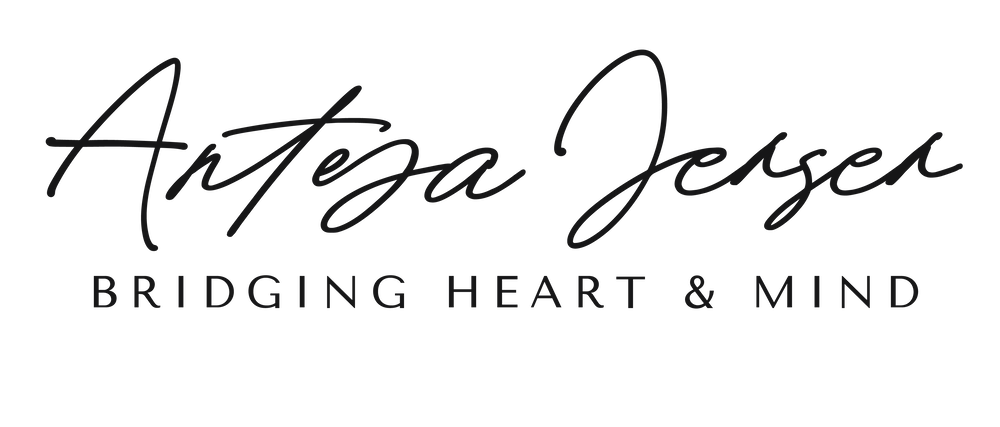Why the arts & humanities are essential tools for the future of business.
Photo by Dayne Topkin on Unsplash
The true purpose of arts education is not necessarily to create more professional dancers or artists. It’s to create more complete human beings who are critical thinkers, who have curious minds, who can lead productive lives. - Kelly Pollock
When I was in high school, many schools in my area had already gotten rid of orchestra programs. It was literally not possible to play a string instrument unless your parents had cash and you were talented enough for one of the elite youth orchestras in the area.
Those of us who were musicians, even at the ripe age of 16, were up in arms about it. I hung out amongst those talented enough to gain entry into those elite orchestras, and I was lucky enough to get financial aid to participate. My public school provided me with my very own french horn for free.
We all understood our own privilege, and: how could you rob a human of their right to express themselves by denying them access to this? That was really how it felt for me. Music was my emotional language.
At the time this was going on, I was on a path to becoming a professional musician. It was my whole world until I was about 20 years old, and went through my first identity crisis when I realized that actually, I didn't want to be a professional musician, even though it was the only thing I knew.
And then I changed majors to French, which is part of Humanities, yet another dying field.
Perhaps not ironically, I then went on to pursue a 12 year career working in the finance industry, and let me tell you I noticed a few (many) things in that time and one of the big ones was how badly many of the people I worked with could've benefited from the arts and humanities.
With my background, I came in with key traits that I mastered in the educational domain of arts and humanities, that I accredit to my immense success in that phase of my career, and that seemed to be sorely lacking amongst my colleagues with a more business/finance/law/science/technology background:
Self-expression (ensemble and solo music performance)
Attention to the importance of nuance (ensemble and solo music performance)
Practice (theory, aural skills, playing scales for days)
Critical analysis of suggestion and intention (literature, philosophy)
Confidence (learning a foreign language, learning an instrument, performance, and presentation)
Capacity to think both for myself as well as as the "whole" simultaneously (ensemble music)
Understanding of culture and how different people fit together (language, foreign immersive experience, cultural music, cultural music history)
Curiosity (language, culture, music)
Humility (language, culture, music)
I'm not sure if you've noticed by now but the above skills are now the praised "soft skills" that everyone is desperate to develop in order to survive this transition into the digital era.
Do you want to prepare people for the future? Give them an instrument. Teach them a language. Give them a philosophy book and show them how to have a conversation where no one is ever right or has the final word. Then we'll be onto something extraordinary.

